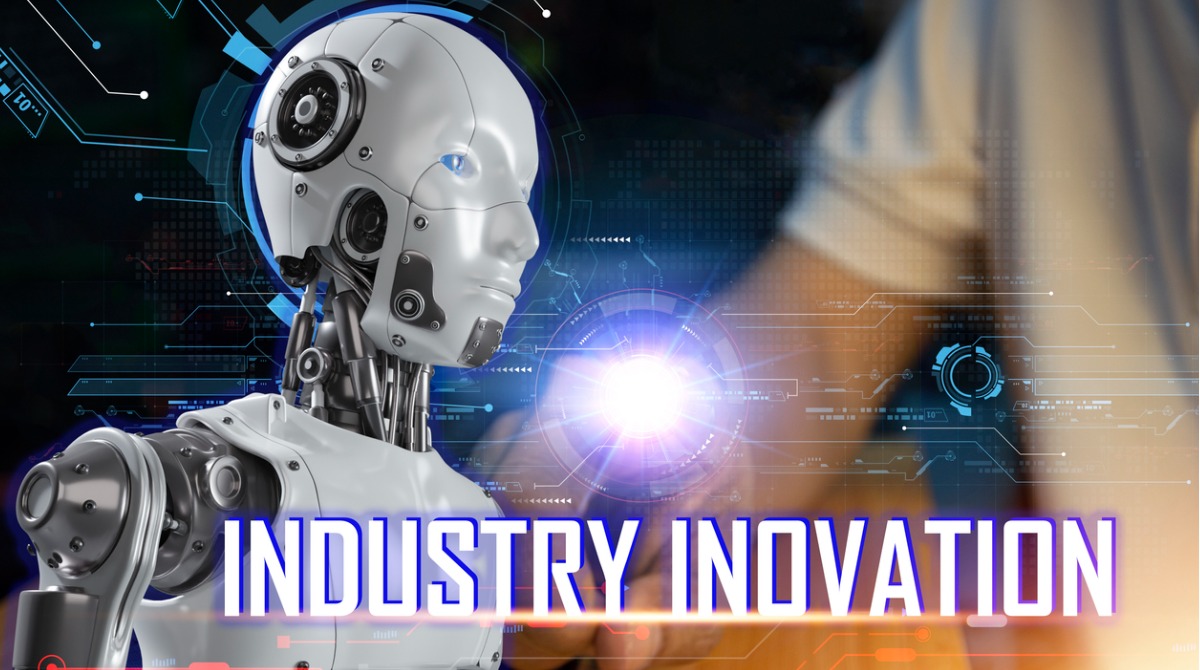
The construction industry is often seen as a traditional sector, slow to adopt the latest technological innovations. However, the tide is changing, and the industry is undergoing a digital transformation. A key player in this change is Artificial Intelligence (AI). From the design phase to project management and safety, AI is influencing every aspect of construction, making it more efficient, safer, and innovative. This article will explore in detail the multifaceted roles of AI in the construction industry and consider its future implications.
AI and the Evolution of Design
One of the earliest stages of any construction project is the design phase. This process, traditionally, is labor-intensive, requiring the expertise of architects, engineers, and other professionals. However, AI is beginning to transform this process through a technology known as generative design.
Generative design uses AI algorithms to create optimized designs based on specific inputs. These inputs could include factors such as the building's intended use, the local climate, relevant building codes, and much more. The AI system then generates numerous design options that meet these criteria. Not only does this speed up the design process, but it also opens up the potential for more innovative designs. For instance, AI could help create designs that maximize energy efficiency, thereby contributing to more sustainable construction practices.
Moreover, AI can also assist in the creation of digital twins, which are virtual replicas of physical buildings. These digital twins can be used to simulate how a building will perform under different conditions, helping architects and engineers to fine-tune their designs.
Enhancing Project Management Through AI
Project management is a complex part of construction, involving the coordination of various resources, schedules, and people. Delays in any part of a project can lead to significant cost overruns. This is where AI comes in handy, with its ability to provide predictive analytics.
AI systems can analyze data from past construction projects to predict potential issues that could arise in a new project. This could include predicting delays due to weather conditions, identifying potential cost overruns, or forecasting problems that could arise from the coordination of different teams. By anticipating these issues, project managers can take preventative measures, which can lead to significant cost savings.
AI also enhances project management through better resource allocation. AI can predict the optimal use of manpower and materials at different stages of the project, minimizing waste and improving efficiency.
AI and Safety: A Crucial Partnership
Safety is paramount in the construction industry. With the heavy machinery and high-risk activities involved, construction sites can be hazardous places. AI can play a significant role in improving safety on construction sites through the use of computer vision.
Computer vision is a subfield of AI that trains computers to interpret and understand the visual world. In the context of construction, computer vision can be used to monitor construction sites and identify potential safety hazards. For instance, these systems can detect if workers are not wearing the proper safety equipment or if they are in potentially dangerous situations. By identifying these risks in real-time, interventions can be made to prevent accidents, enhancing overall site safety.
The Future of AI in Construction: A Look Ahead
While the current applications of AI in construction are impressive, the future holds even greater promise. As AI technologies continue to evolve, we can expect to see even more integration into the construction industry.
One area where we might see significant growth is in the use of AI-powered robotics. Robots, guided by AI, could automate tasks that are currently manual, labor-intensive, and potentially hazardous. This could lead to increased efficiency, improved safety, and significant cost savings.
However, the integration of AI into the construction industry also presents challenges. The adoption of these technologies will require a workforce skilled in AI, necessitating significant upskilling and training for current workers.
Conclusion: Artificial Intelligence is revolutionizing the construction industry, paving the way for a new era of efficiency, safety, and innovation. From design optimization and predictive project management to enhanced safety measures through computer vision, AI is reshaping every aspect of construction. With its potential for generating innovative designs, improving resource allocation, and minimizing risks, AI is poised to bring significant benefits to the industry.
As we look ahead, the future of AI in construction holds immense potential. AI-powered robotics and automation are likely to play a more prominent role, streamlining labor-intensive tasks and increasing productivity. However, adopting AI technologies will require concerted efforts in upskilling the workforce and addressing potential challenges.
It is crucial for construction companies to embrace AI and stay abreast of the latest developments to remain competitive in an evolving industry landscape. By harnessing the power of AI, construction professionals can unlock new possibilities, optimize processes, and deliver projects with greater efficiency, precision, and safety.
The future of construction is AI-enabled, and it is up to industry stakeholders to seize the opportunities it presents and drive the industry towards a more sustainable, efficient, and innovative future.
Posted by Jim Lamelza






